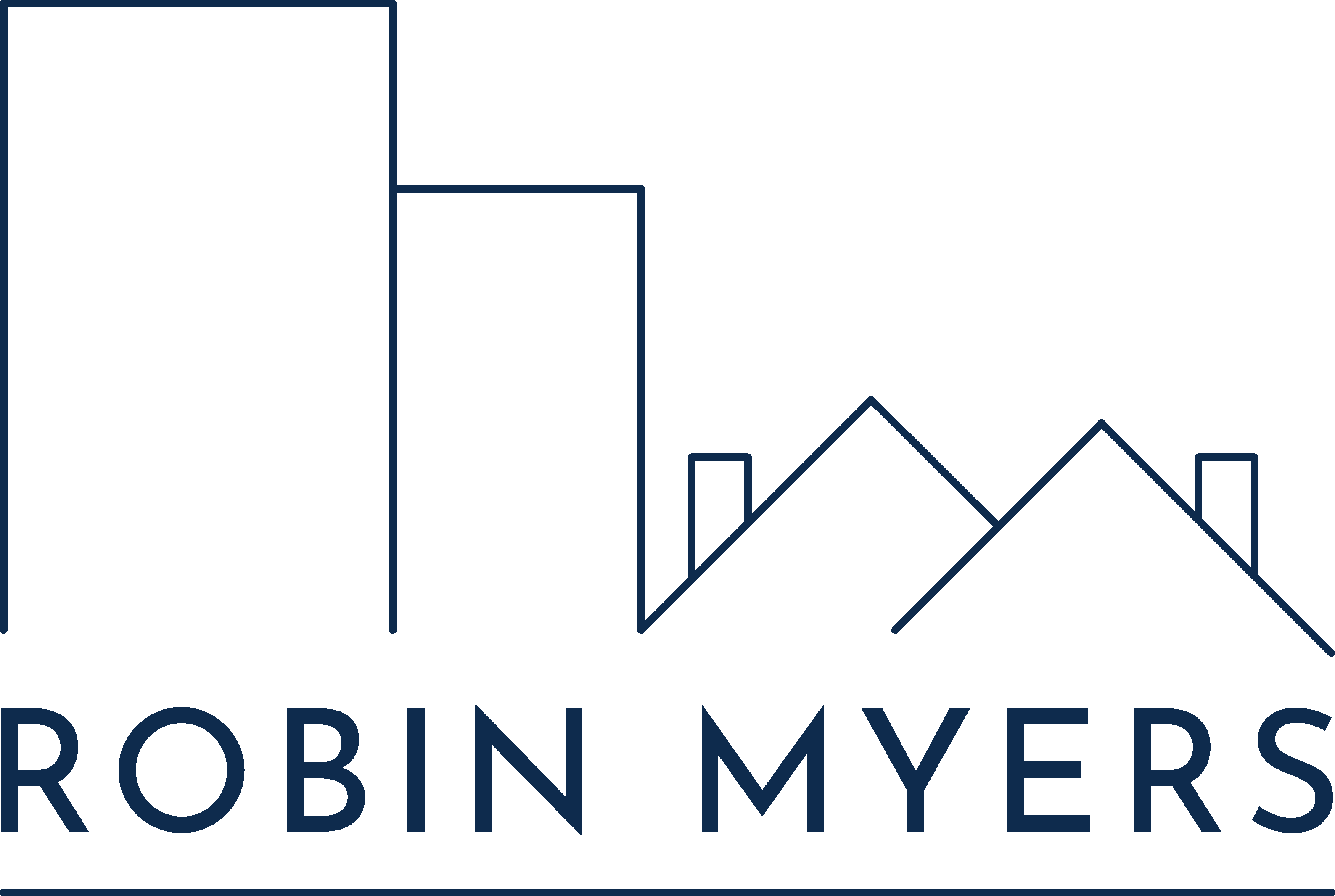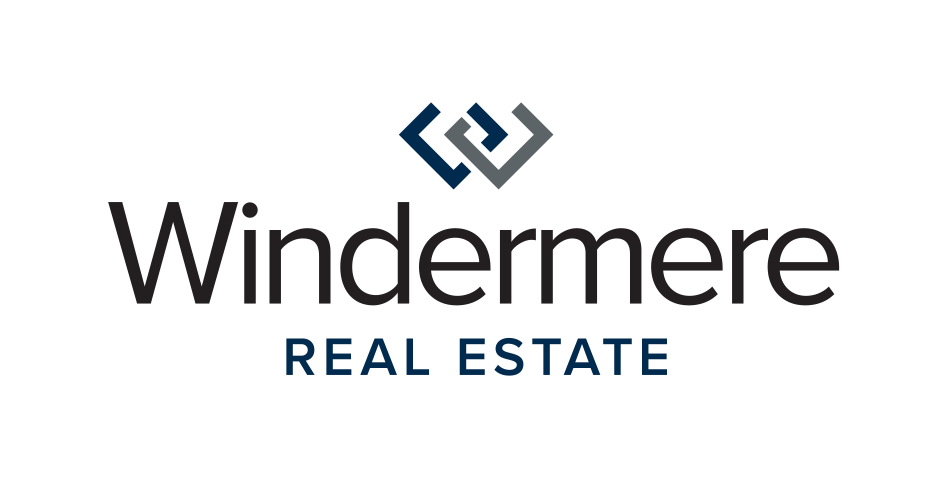Condo insurance, what could be more boring. Did you know . . .
Most homeowner associations carry a master insurance policy which covers damage to a community's residential buildings and parking structures. The HOA may also carry additional earthquake insurance. As a homeowner you need to understand what coverage falls under the HOA's master policy and what coverage you are responsible for having.
- Mold is almost always excluded on the HOA general liability insurance policy. Other exclusions may include damage from water incidents, insects, animals, "acts of God" and vandalism.
- While some condo insurance policies may provide some amount of coverage for damage within a unit, the HOA's general liability insurance policy almost never covers an owner's personal property.
- Condo owners are strongly encouraged to obtain their own personal insurance policy to cover their personal property as well as provide coverage for items/circumstances not covered in the association's policy and deductibles. (Some HOAs may require owners to provide proof of insurance.)
- Definitions of unit boundaries for HOA policy insurance coverage vs. owner policy insurance coverage can be found in the association's Declarations (also called the Covenants, Conditions and Restrictions or CC&Rs.)
- If a condo owner rents the condo, it is a good idea to require and obtain proof that the tenant has a renter's policy to insure the tenant's personal property.
If you are selling a condo, the HOA master insurance policy is one of the documents a seller must provide to the buyer. This document will be required by the buyer's lender and escrow as part of the buyer's loan approval and closing documents.
For more information about your condo's insurance coverage contact your association manager or your insurance agent.

 Facebook
Facebook
 X
X
 Pinterest
Pinterest
 Copy Link
Copy Link

